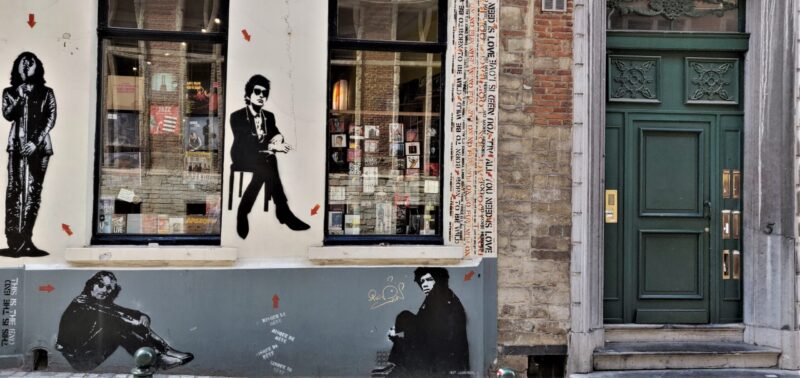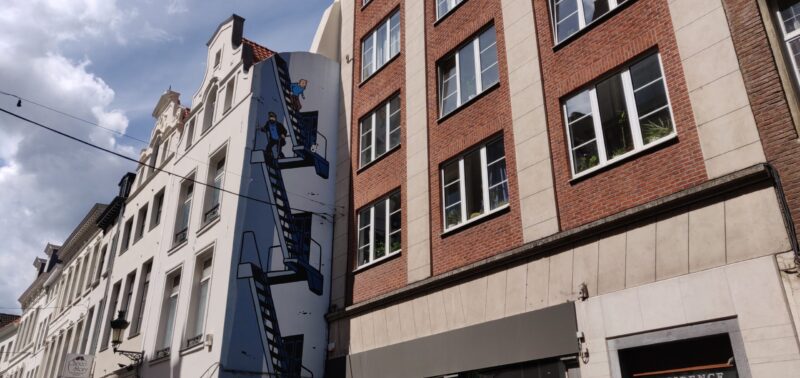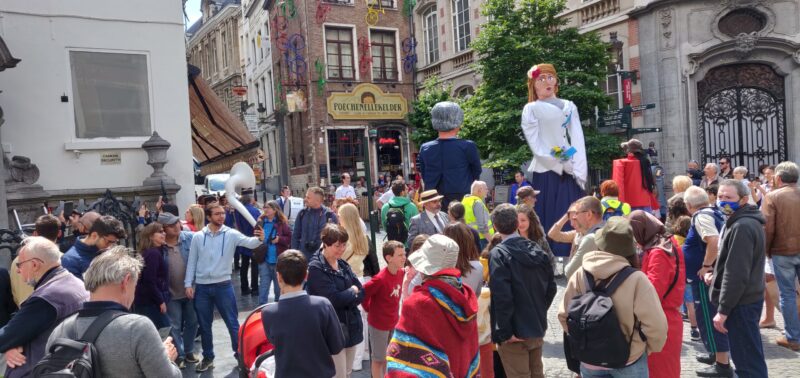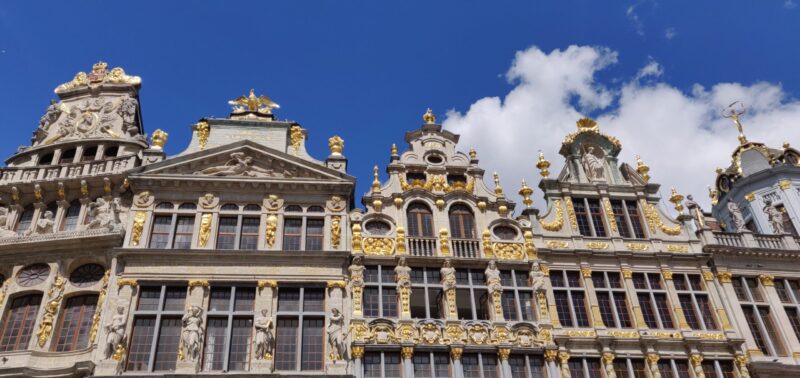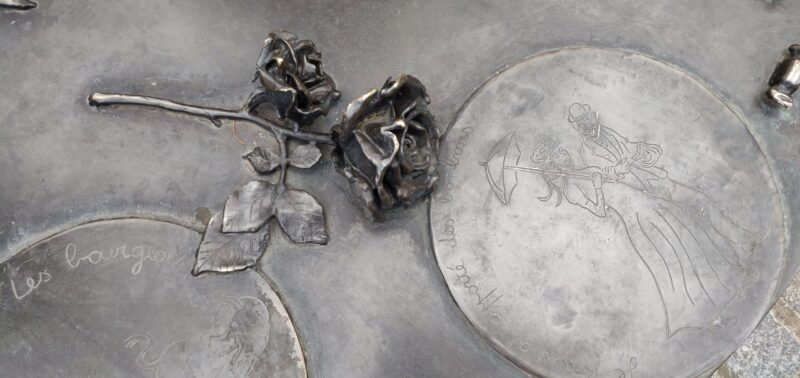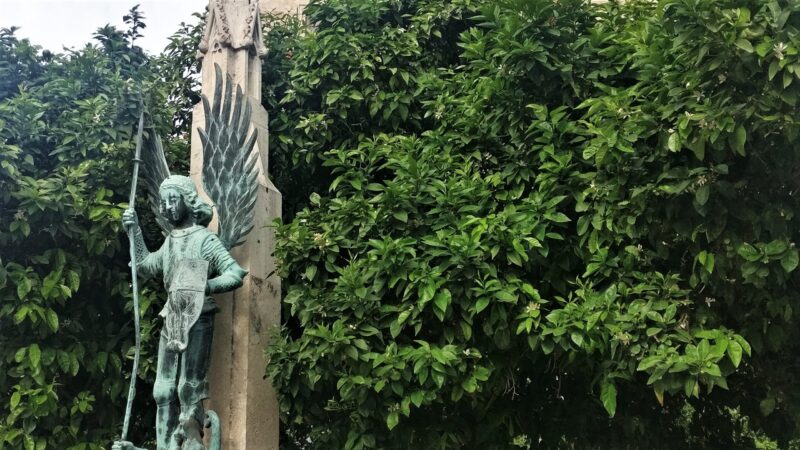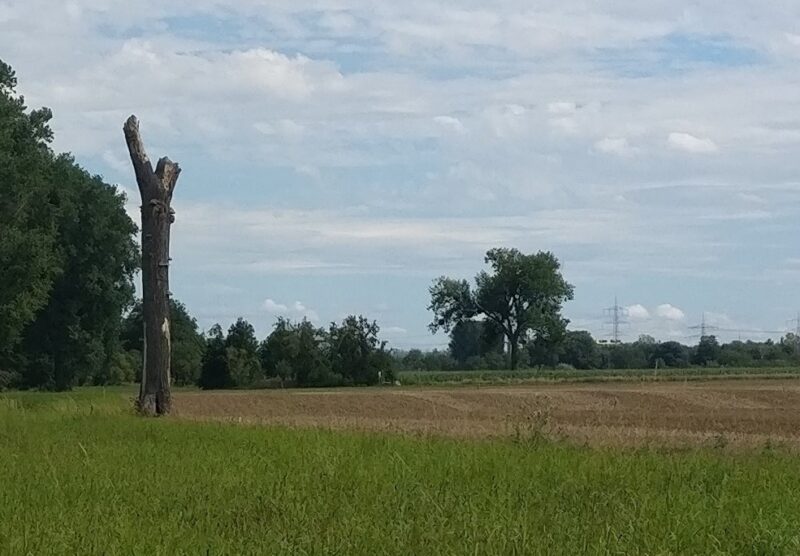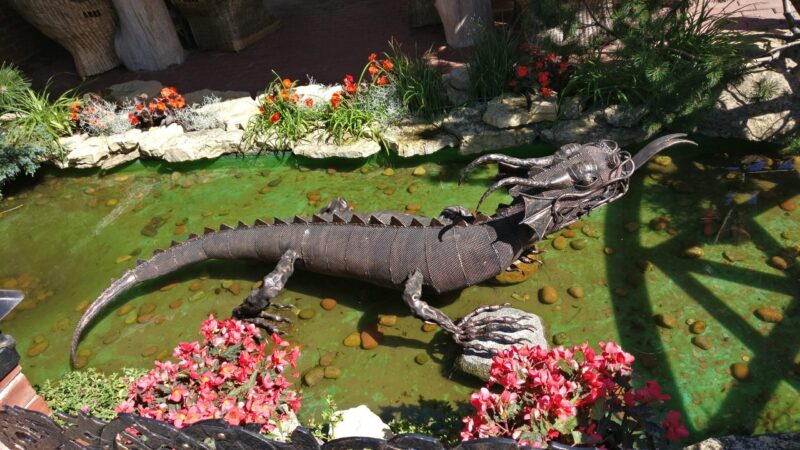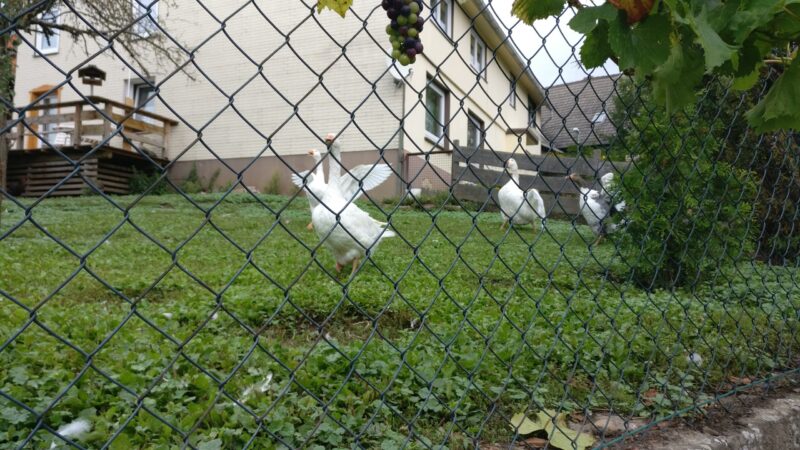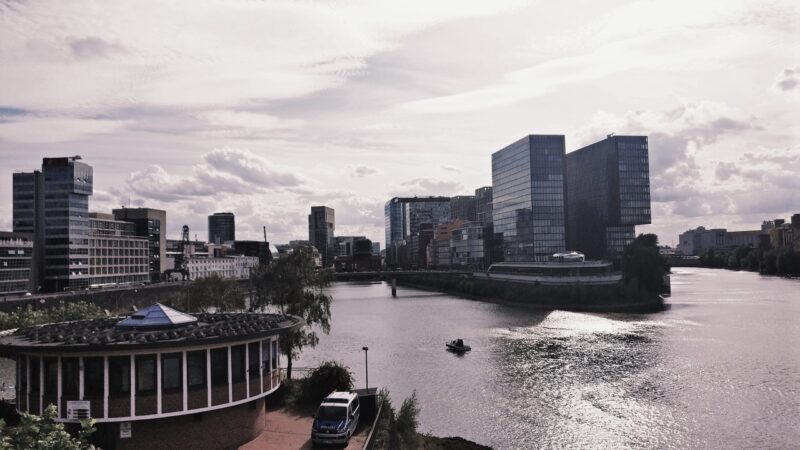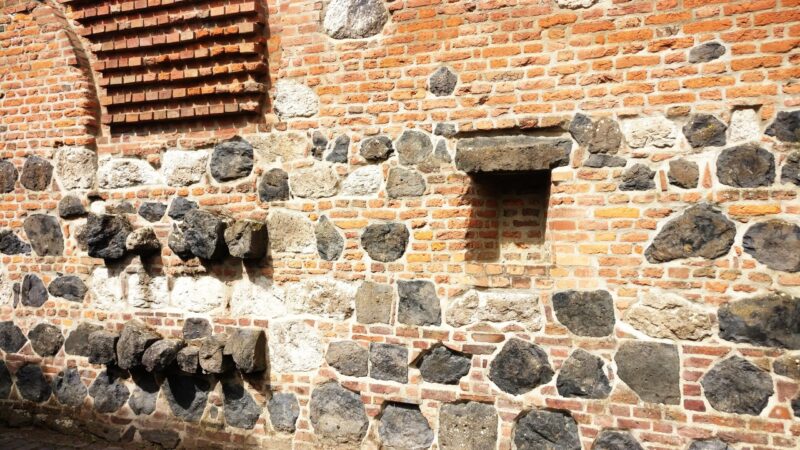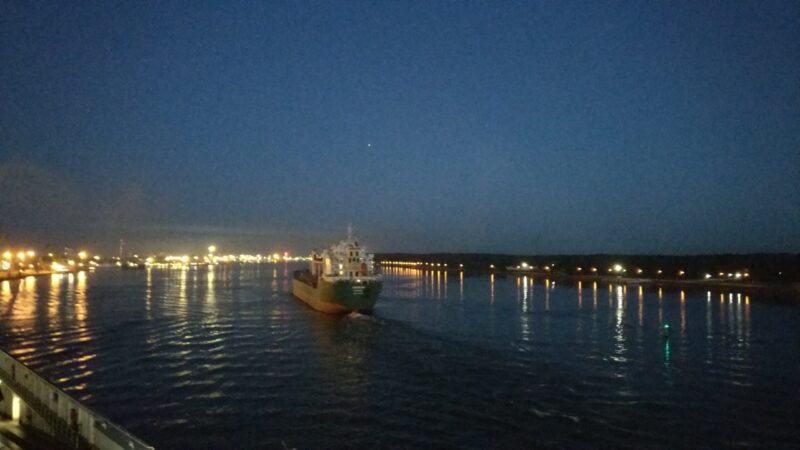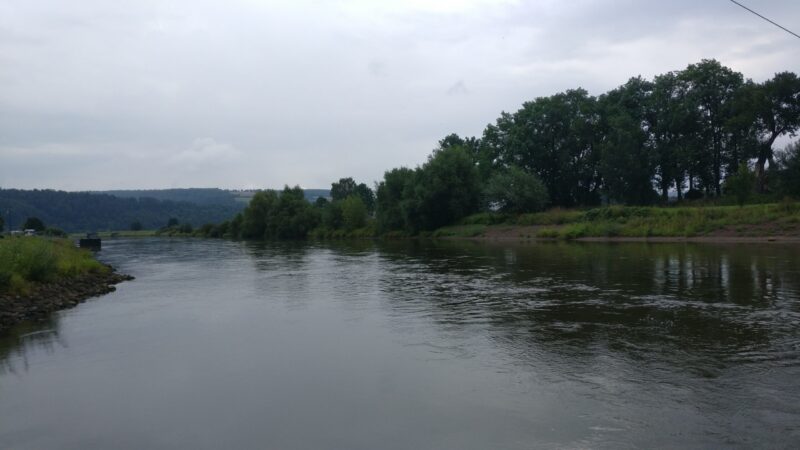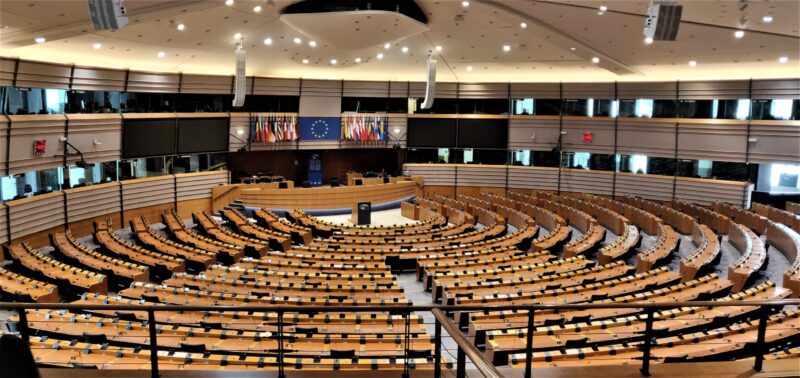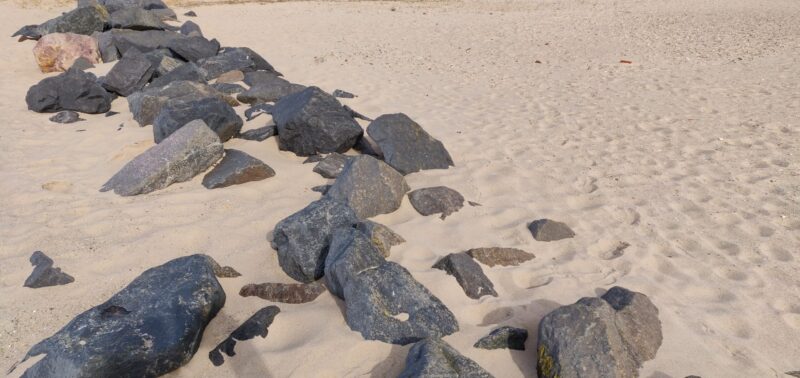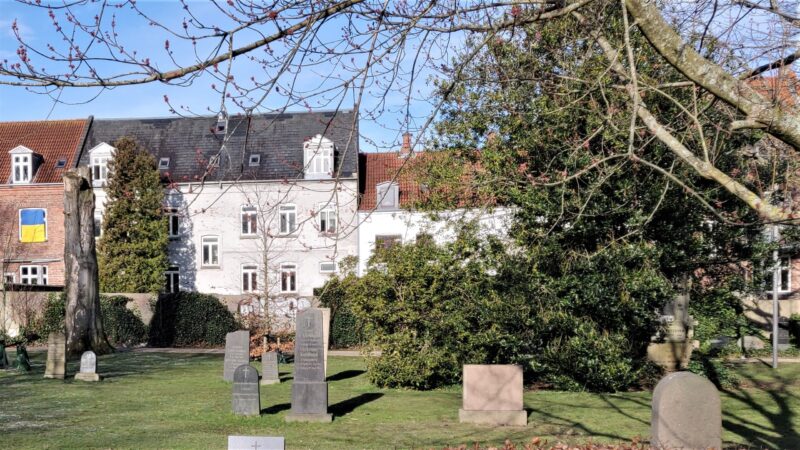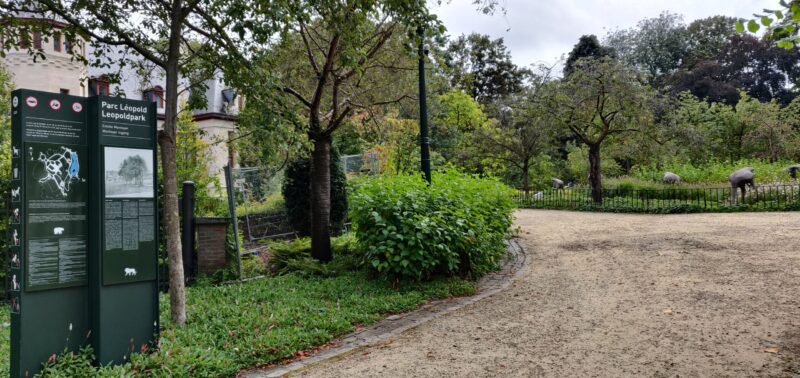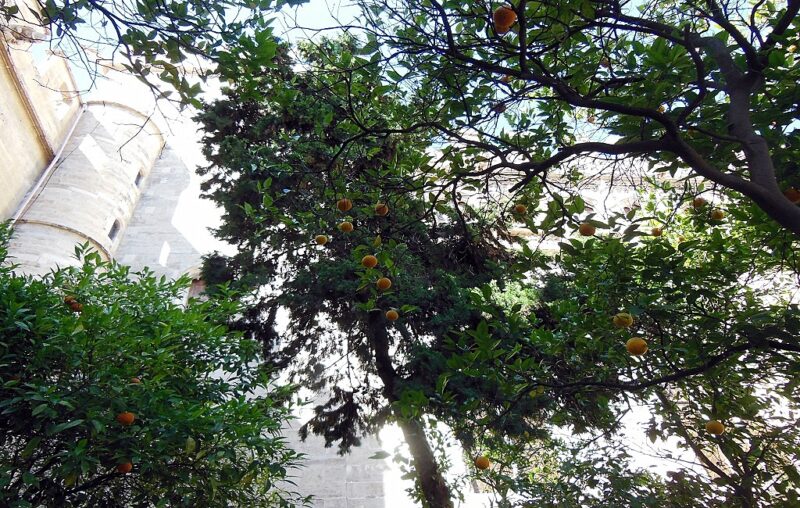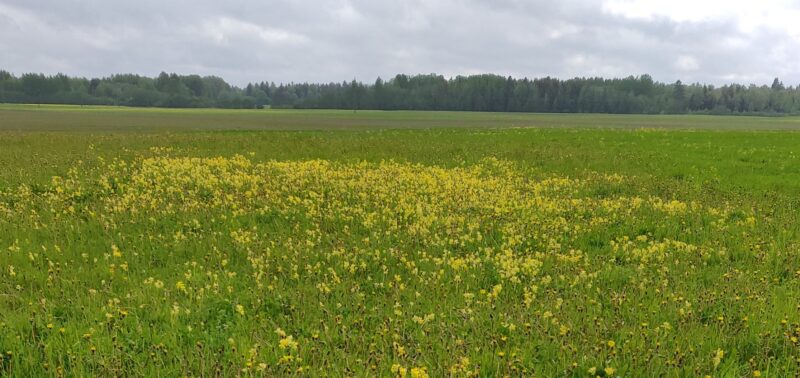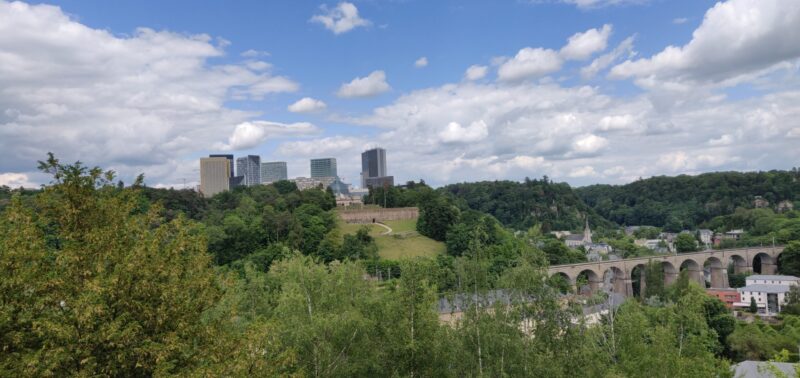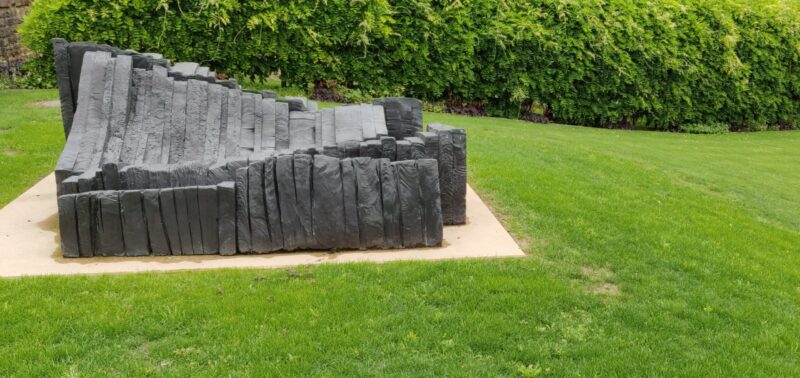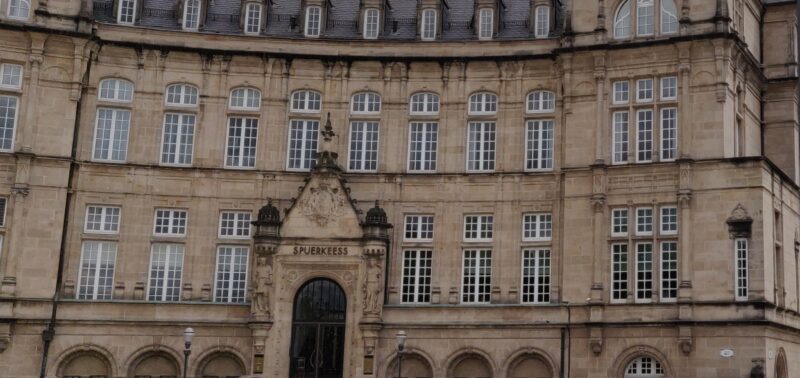To describe democracy in easy words, it means „power of the people “: a way of governing which depends on the will of people (Council of Europe, n.d.). To me personally, democracy means freedom and equality. The whole population choses which people should have power and which don’t. So, in simple words, democracy is a decision taken by citizens entitled to vote who to elect their representatives. Nobody is treated differently just because of their money or because of their nationality. In a democratic state, people practice law-making power either directly through their elected representatives…
My home country, Luxembourg, is a representative democracy, because only the Chamber of Deputies has the legislative power. In 1919, universal suffrage for men and women was introduced in Luxembourg. This means that for over a hundred years, all Luxembourgish nationals have had a say in who should represent them in the Chamber of Deputies or in their municipality (Before 1919, this right was only reserved for a few wealthy men). The Luxembourgish parliament is directly elected by the citizens and represents them in the exercise of legislative power. Our prime Minister, Xavier Bettel, represents the government on a national, European and international level. Luxembourg is democratic by law. This is also reflected in the fact that Luxembourg is the first country where public transport (bus, train) is free.
While discussing in our team, we came to the conclusion that we knew less about democracy than we thought. Besides, each of us feels differently about this subject, because we come from completely different countries.
By Jill from Belgium
